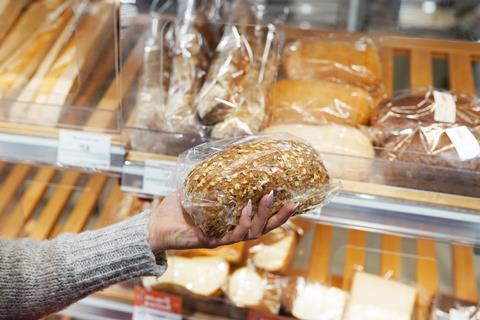
Gluten-free loaves are on average four times more expensive than their regular, gluten containing counterparts in the UK, a new report has found.
Additionally, an average gluten-free bread roll was calculated to be more than triple the price of a standard roll.
The results form part of a recently published report from independent charity Coeliac UK, entitled ‘The Gluten Free Diet: What does it cost and why does it matter?’, which said British people living with coeliac disease are facing a huge burden in accessing and purchasing gluten-free products in supermarkets.
Coeliac disease is a serious condition in which your immune system attacks the tissues in your own gut when you eat gluten. This prevents your body from properly absorbing nutrients and can cause a range of symptoms including bloating, diarrhoea, and abdominal pain. The only current treatment is to follow a medically prescribed gluten-free diet.
Research for the report included conducting more than 1,000 shopping trips at major UK supermarkets over a two-year period to March 2024, with prices of gluten-free products and comparable items compiled. Results discovered that people with coeliac disease were paying up to 35% more on a weekly food shop suitable for a gluten-free diet than a for a regular diet with similar products.
A survey of gluten free shoppers had seven out of 10 saying their quality of life was adversely affected from the comparatively high costs and low availability of gluten-free food in supermarkets and online. Substantial premiums on gluten-free products saw 77% of respondents struggling to afford them. In addition, 4% of coeliac sufferers surveyed admitted to be actively consuming gluten despite the health risks, while nearly a third (27%) were opting to eat products with ‘may contain’ statements for the same economic reasons.
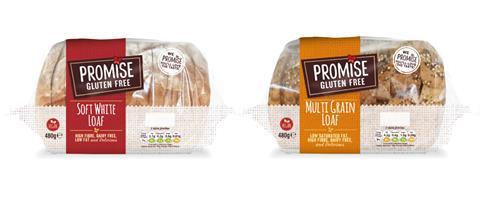
Statistics published in the report highlighted the disparities between gluten-free and standard products when comparing gram for gram pricings across various categories. These included:
- Gluten-free bread loaves – 4.5 times more expensive
- Gluten-free bread rolls – 3.1 times more expensive
- Gluten-free cereals – 2.1 times more expensive
- Gluten-free plain flour and pasta – 2.0 times more expensive
- Gluten-free crackers – 1.7 times more expensive.
Those on the lowest incomes are hit hardest by these additional costs, noted Coeliac UK, with the cheapest gluten-free loaf as much as 6.1 times more expensive than the cheapest gluten-containing loaf. Inflation was also found to be worse for gluten-free bread, with an increase of almost 7p per 100g between December 2022 and March 2024 versus a rise of less than a penny for standard bread.
“Coeliac disease is not a diagnosis anyone would want even without the additional financial burden laid out in this report,” commented Dr Gerry Robins, consultant gastroenterologist at York Hospital. “As a clinician, I’m seeing more and more patients who simply cannot afford the gluten free staple foods they need to treat their condition.
“People have a right to high quality nutrition at reasonable prices – unfortunately significant numbers of coeliac patients are now being forced into a situation where they have to forgo the only treatment that makes them better (gluten free food) or go hungry. This is a significant public health issue and requires urgent action,” he added.
Read: Gluten-free bakery – how are the major players grasping the growth opportunity?
The suggestion of eating purely rice or potatoes as an alternative to bread was discouraged as it can reduce iron and calcium intake by up to 96% and 93%, respectively. People with coeliac disease are recommended to have a higher intake of calcium, due to previous or potentially ongoing malabsorption of nutrients.
Barriers of access were also detailed in the report, with 87% of survey respondents describing problems with overall availability of gluten free products, whilst 86% said they were unable to fulfil all their needs at one shop. When shopping online, gluten-free bread loaves were found to be out of stock around a third of the time.
While certain gluten-free staple substitutes have been made available on the NHS for decades, many Integrated Care Boards (ICBs) have opted to cut back on this support in recent years, with gluten free prescriptions in England reducing by 70% since 2016. As of June 2024, roughly 50% of people in England live in an area that prescribes gluten-free products compared to 80% less than a decade ago, according to Coeliac UK data.
Coeliac UK is calling on the next UK Government to publish updated guidance for ICBs that reiterates the critical role of the gluten-free diet in treating coeliac disease, and to work with it and healthcare experts to develop and share best practice models for protecting access to gluten free prescriptions for those who need it. The charity is also inviting food industry partners such as bakeries to join with them to further address the factors which make gluten free food more expensive.
“The reality for too many people across the UK with coeliac disease is that the food that keeps them well is too expensive and hard to access,” commented Tristan Humphreys, head of advocacy at Coeliac UK. “This is bad news for the NHS that has to treat resultant health complications and devastating for the individuals impacted. The solution requires action from both Government and industry, and we hope that the stark realities laid out in this report, coupled with the welcome support from stakeholders, can prove a catalyst for meaningful change for the coeliac community across the UK.”
The latest Coeliac UK report is available free to download via this link.



















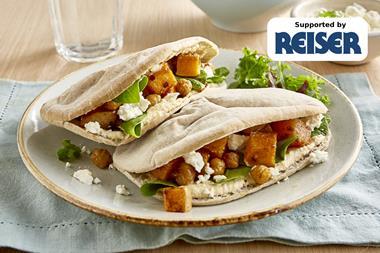
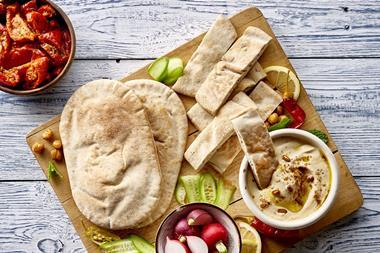
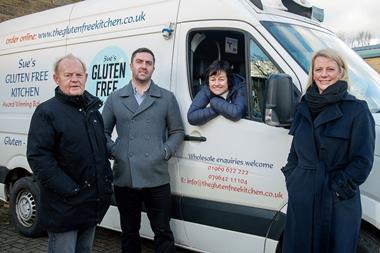
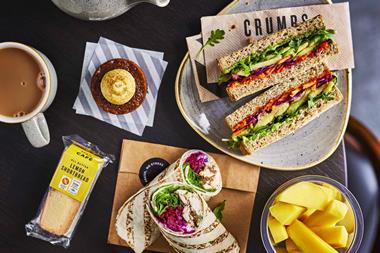
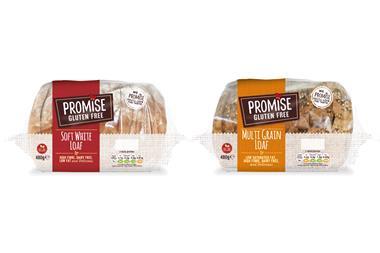
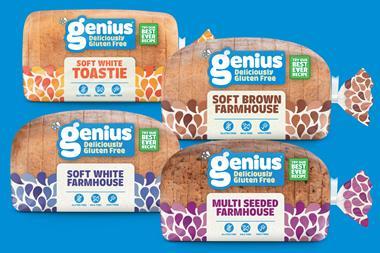


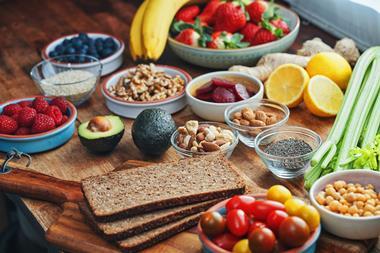


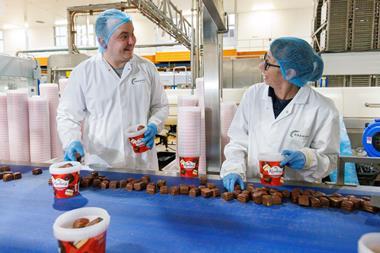

1 Readers' comment